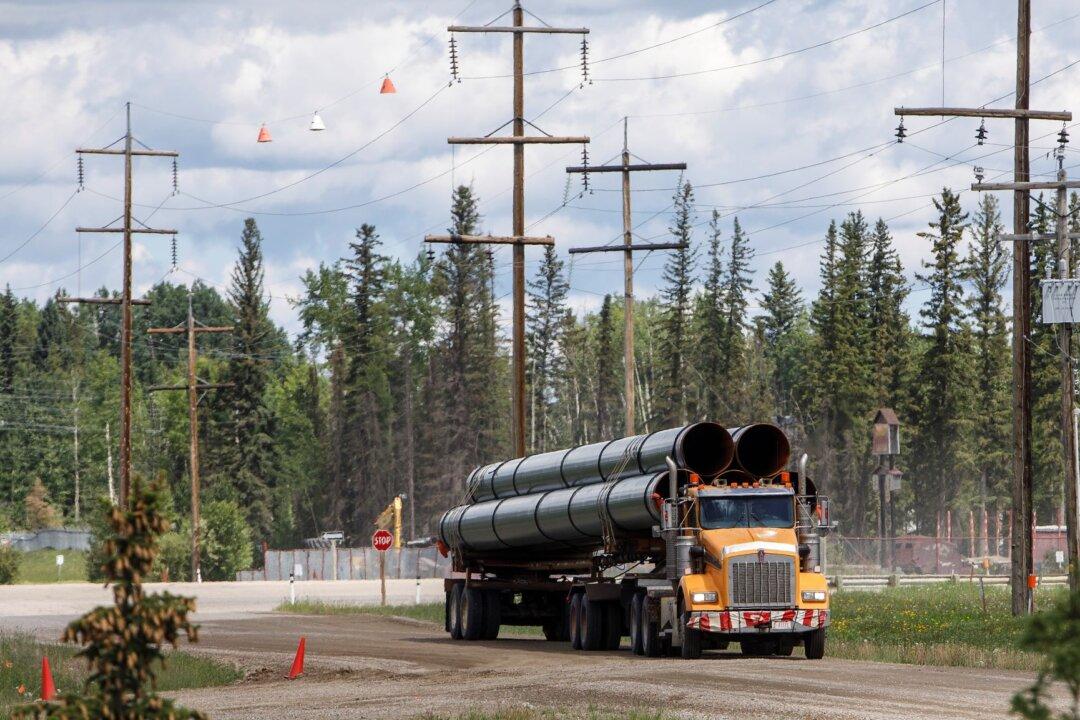Alberta is giving Ottawa four weeks to address the province’s concerns about federal overreach in the amended Impact Assessment Act on environmental evaluation or face another legal challenge.
Premier Danielle Smith said she is ready to take the federal government to court if it does not “remedy,” within four weeks, what the province calls unconstitutional provisions in the amended act, according to an Oct. 4 news release.





